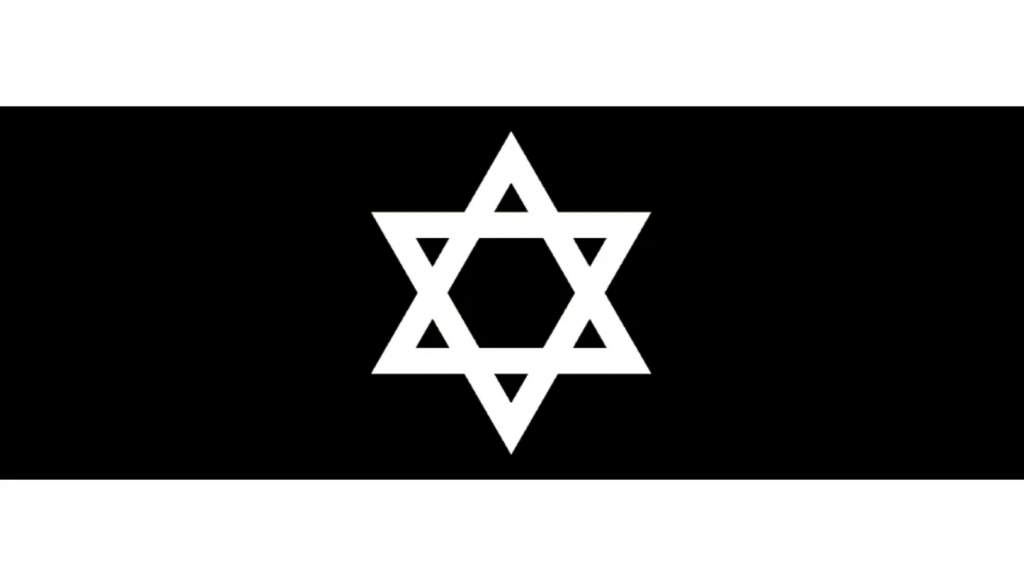Israel: Black flag movement gathers thousands of protesters
On March 14, Israeli Prime Minister, Benjamin Netanyahu, announced a partial economic shutdown of all non-essential businesses to fight the outbreak of COVID-19. Further measures placed wider restrictions, among them limits on the use of public transportation and a ban on gatherings of more than ten people. Israel’s state of emergency has been uninterrupted since 1945.
On March 19, a motorcade traveled to the center of Jerusalem to protest the shutdown of courts and mass surveillance permitted in the government’s pandemic response. Some of the demonstrators waving black flags from their cars were stopped by police and given fines. Despite police restricting access to streets surrounding the Knesset, 300 protesters were able to reach the Israeli parliament. Police arrested four protesters. That same night, another “black flag” demonstration in Tel Aviv’s Rabin Square gathered over 5,000 protesters that adhered to social distancing regulations. Several thousand more people participated in the rally through Facebook and Zoom. Over 30 journalists were covering the events at a safe distance, but the police gave 5000 NIS fines to three journalists for “violating health ministry orders.” The Association of Civil Rights in Israel (ACRI), a member of INCLO, issued a letter to the head of police demanding that protests be allowed and tickets issued to participants be cancelled.
Further protests have been met with police responses that are inconsistent with COVID-19 pandemics and seek to reduce the size of demonstrations and push them towards less central locations. Organizers of a May 1 demonstration against home demolitions in Tel Aviv were denied permission to hold a rally; while the police either approved or neglected to disband protest convoys led by Jewish-Israeli protesters. Both the organizers of the march opposing “Violence Against Women and Police Inaction” and organizers for the June 4, protest against the annexation were initially denied permission due to health concerns and after arduous negotiations were permitted to demonstrate in smaller numbers. During the latter protest, police refused to block off the streets adjacent to the square.

